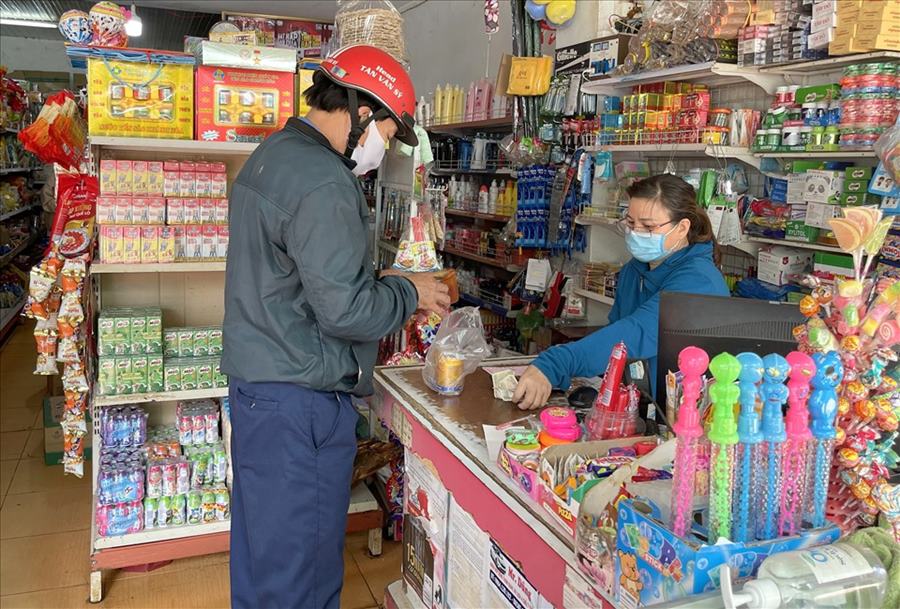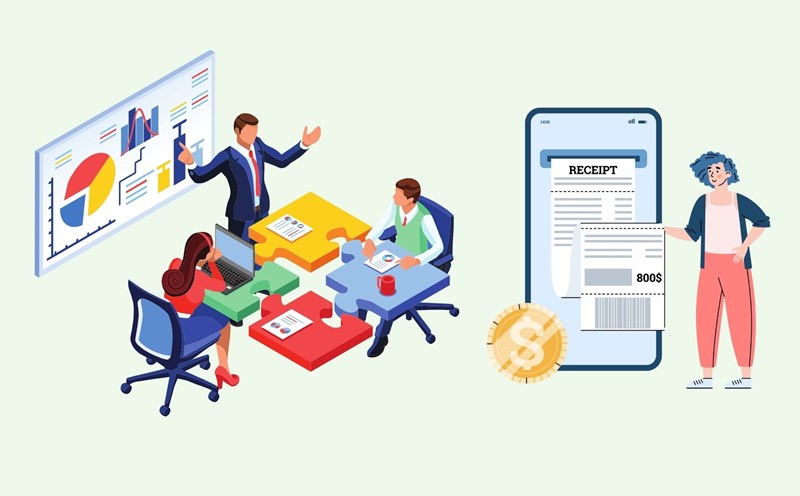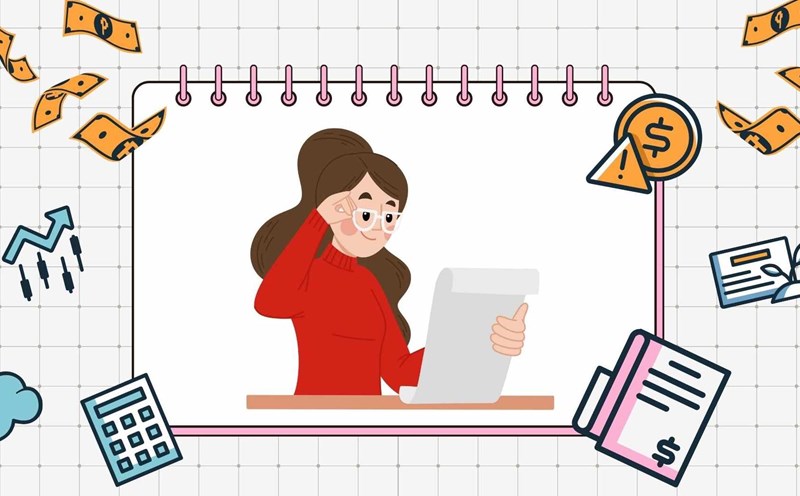Business households are still confused
There are currently 25,000 individual households operating in Dak Nong province. Of which, about 10,000 households are under tax management. Each year, this group contributes a large part to the local budget.
According to Decree No. 70 of the Government on invoices and documents, starting from June 1, 2025, households with a revenue of VND 1 billion/year or more are required to apply electronic invoices generated from cash registers.
This system will be connected to data with the tax authority, instead of having to pay contract tax as before. The new regulation aims to promote transparent and equal business development.
It is noted that in the early days of implementing this regulation, many households were still confused.
An online businessman in Dak Nong province wondered whether when customers "bombed" the electronic invoice, it would be canceled or still have to declare and pay taxes as if the goods had been successfully sold.

Another situation, due to many difficulties in implementing the new regulations, some traders and business households in Dak Nong have decided to temporarily close and stop business.
They are concerned that if they continue to do business in a state of not being ready to implement the new regulations, they may be unjustly fined.
In this context, a series of business households and traders have gone to forums and groups on social networks to seek support and share experiences in implementing this regulation.
Only accept cash, business households will not be able to avoid taxes
The removal of contract tax to self-declaration and tax payment based on actual revenue is a regulation to limit tax loss.
According to the Tax Department of Region XIV, this regulation helps to accurately reflect business capacity, ensuring the principle in the Law on Tax Administration that taxpayers self-declare, self-pay, and take responsibility.
The Tax Department determined that the business household refusing to accept the transfer and only accepting cash was due to misunderstanding about the tax system and electronic invoices.
Tax authorities currently use electronic invoices and monitoring tools to accurately track business household revenue.
Revenue includes all sales transactions, service provision, regardless of cash payment or bank transfer.
Therefore, even if a business household only receives cash, uses many different accounts or changes payment methods, the tax authority can still compare and check total revenue.
Monitoring tools such as data from banks, e-commerce platforms, other electronic databases, etc. will help tax authorities monitor and compare valid transactions in revenue.
Therefore, refusing to accept transfers and only accept cash does not help businesses avoid taxes. Tax authorities can still verify revenue through electronic invoices and legal documents.
The act of "circumventing" the law not only increases the risk of being detected for tax fraud but can also lead to strict handling measures.
Therefore, the Tax Department of Region XIV requires business households to comply with regulations, declare taxes correctly to avoid legal risks and protect their own rights.
According to Clause 8, Article 1, Decree 70/2025/ND-CP, dated March 20 on invoices and documents, business households and individuals with annual revenue of VND 1 billion or more and businesses with sales of goods and services such as: shopping malls, supermarkets, retail stores, restaurants, hotels, passenger transport services, direct support services for road transport, artistic services, entertainment, filmcasting activities, and other personal services will have to use electronic invoices generated from computers connected to electronic data transfer with tax authorities.












